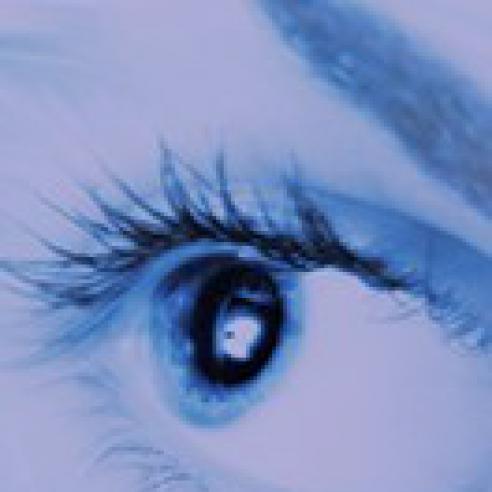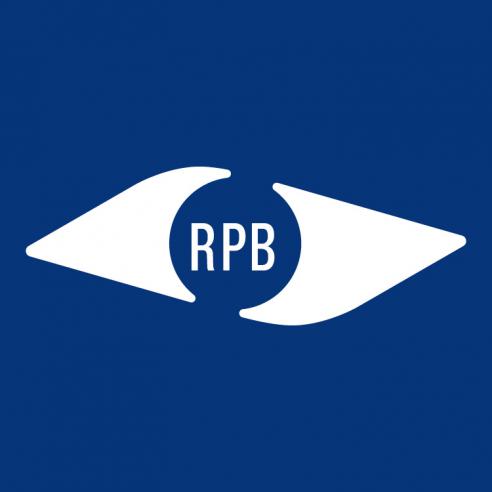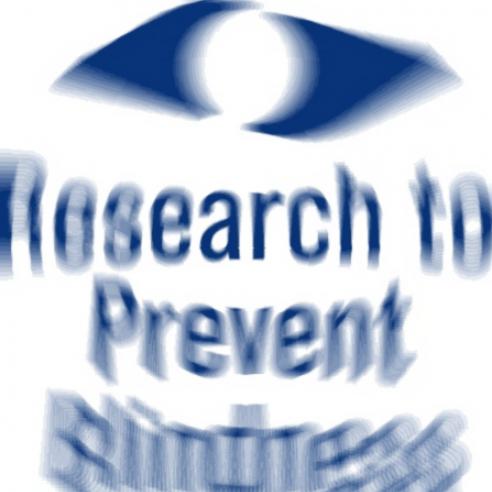Low Vision
Low vision is a broad term for conditions resulting in reduced sight that cannot entirely be corrected with eyeglasses, contact lenses, medicines or surgery. It can affect central and/or peripheral vision. Many eye disorders can lead to low vision, including macular degeneration, diabetic retinopathy, glaucoma, and cataracts. Injury to the eye or to a portion of the brain involved in sight can also produce low vision.
Living with Low Vision - a video from the National Eye Institute
To save your sight…
- Learn your risk factors for various eye disorders and get regular eye exams.
- Reduce eye disease risk—quit smoking.
- Wear sunglasses that protect against UV and blue light to help prevent eye damage.
- Eat a diet high in dark, leafy and colorful vegetables and fruits; properly balance omega-3 essential fatty acids found in fish, nuts and seeds versus omega-6 essential fatty acids found in processed and baked foods; ask your eye doctor about nutritional supplements.
- Maintain good blood sugar control to delay or prevent vision loss from diabetic eye disease.
Computer eye strain - a possible cause of blurred vision
To manage low vision…
- Get a low vision evaluation (which is different from an ordinary eye exam) by a Low Vision Specialist. Your eye doctor can recommend a Low Vision Specialist, or you can search for local low vision services at www.afb.org, the American Foundation for the Blind.
- With your Low Vision Specialist, learn to utilize remaining vision to its fullest potential by investigating special eyewear, adaptive equipment such as speech recognition and computer navigation programs, special television systems and other independent living aids.
- Improve lighting and reduce glare in your home and surroundings.
- Increase the contrast in things you use daily (put coffee in a white cup; use a dark, fat-tipped pen, etc.).
Important Resources

It is estimated that as many as 14 million people suffer low vision. It is among the 10 most common causes of disability in the U.S. A variety of products can help those with low vision maintain their independence.
Managing low vision
American Academy of Ophthalmology (AAO)
(415) 561 8500
For further low vision resources, download the SmartSight handout offered by AAO under the section called "Materials for Patients."
The American Foundation for the Blind (AFB) and Readers Digest Partners for Sight have partnered to create the VisionAware web site for resources for independent living with vision loss.
VisionAware also offers a low vision app for smart phones, available throught the Apple App Store, called VisionConnect.
Low Vision Products
American Academy of Optometry
(301) 984-1441 allaboutvision.com/lowvision
Related News: Low Vision

RPB HOSTS VIRTUAL EVENT ON LOW VISION
The online event featured RPB grantees and is now available to view on demand.

RPB AND LCIF TO CONTINUE LOW VISION RESEARCH AWARD PARTNERSHIP
Research to Prevent Blindness (RPB) and Lions Clubs International Foundation (LCIF) announced today that they will continue their partnership in the RPB/LCIF Low Vision Research Award.

RPB Announces First Low Vision Research Awardees
Research initiative to address urgent needs in understanding and treating low vision.

RPB Launches Low Vision Research Initiative
Partnerships with Reader’s Digest Partners for Sight Foundation and Lions Clubs International Foundation seek to generate solutions for neglected vision loss condition.

Getting Around With Visual Impairment
People who could benefit from rehabilitation[Note: this is an older, but still potentially useful, article from the RPB archives.] Kathleen A. Turano, Ph.D. Associate Professor Wilmer Eye Institute, Lions...
Subscribe
Get our email updates filled with the latest news from our researchers about preventing vision loss, treating eye disease and even restoring sight. Unsubscribe at any time. Under our privacy policy, we'll never share your contact information with a third party.
| General Info | Grants | News & Resources |



